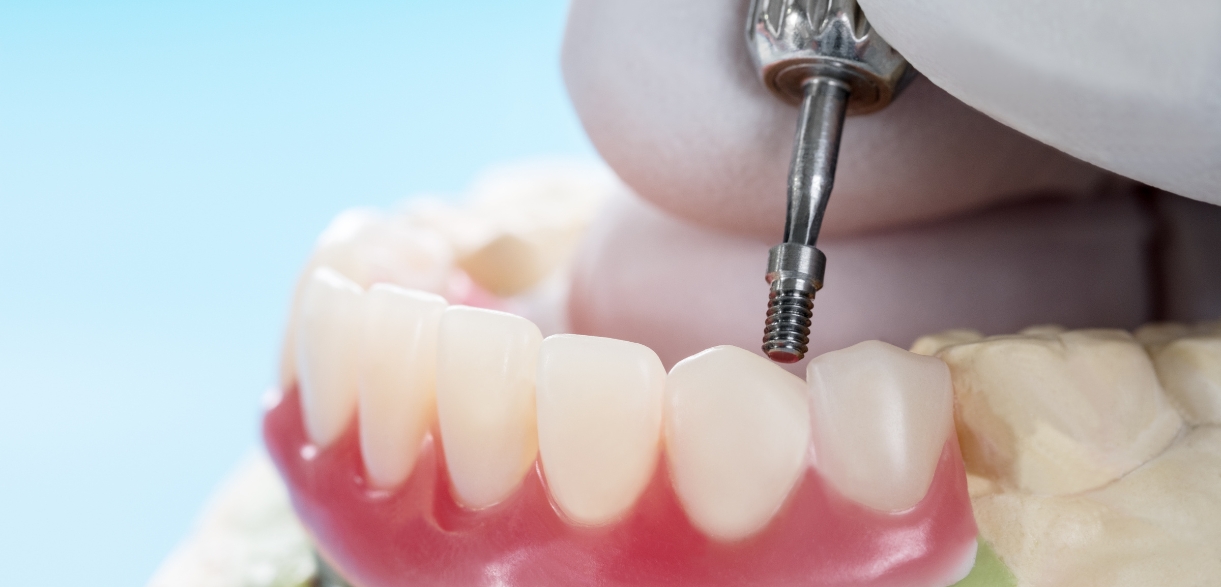Brentwood: (615) 235-1966

Diabetes and Dental Implants: What You Need to Know
Brentwood, TN

Diabetes, a multifaceted and widespread health condition, casts its shadow across the globe, affecting individuals in Brentwood, California, and far beyond. Its implications span beyond blood sugar management and cardiovascular health, giving rise to pertinent inquiries concerning its intersection with dental health, with a special focus on dental implants.
This all-encompassing guide embarks on a thorough exploration of the intricate interplay between diabetes and dental implants, serving as an invaluable resource for those who find themselves at the crossroads of considering implant surgery. In this blog, we unravel the complexities, dispel myths, and provide critical insights to empower individuals to navigate the unique challenges posed by diabetes on their journey to achieving vibrant oral health and the potential transformation dental implants offer.
Understanding Dental Implants
Dental implants are a remarkable advancement in modern dentistry, offering a durable and natural-looking solution for replacing missing teeth. In Brentwood, as in many other places, dental implants have become increasingly popular due to their ability to restore functionality and aesthetics to a patient’s smile.
A titanium post is surgically inserted into the jawbone in the case of a dental implant. Over time, the jawbone fuses with the implant through osseointegration, creating a stable foundation for an artificial tooth (crown) to be attached. The result is a strong, permanent replacement that mimics the look and feel of natural teeth.
Diabetes and Its Impact on Dental Health
Now, let’s delve into the complexities of diabetes and how it can influence dental health, especially in the context of dental implants:
1. Blood Sugar Control: Diabetes is characterized by elevated blood sugar levels. Poorly managed diabetes can lead to issues like gum disease (periodontitis), which can affect the success of dental implant procedures.
2. Reduced Immunity: Elevated blood sugar levels can compromise the body’s immune system, making it more challenging to combat infections. This can translate to a higher risk of gum infections in the oral cavity, jeopardizing dental implants’ integrity.
3. Delayed Healing: High blood sugar levels impede the body’s natural healing processes. After dental implant surgery, proper and timely healing is crucial for the long-term success of the implants.
4. Bone Health: This can impact bone health, potentially affecting the density and strength of the jawbone. Since dental implants rely on a robust jawbone for support, any bone-related complications can pose challenges.
Dental Implants for Diabetics: Is It Feasible?
When considering dental implants in Brentwood as an individual with diabetes, a well-informed and personalized approach is key to success. Consider these six essential factors:
1. Consultation with a Specialist
Your journey toward dental implants should commence with consultation with a dental implant specialist in Brentwood who is experienced in managing patients with diabetes. Their expertise will be instrumental in assessing your unique circumstances and crafting a treatment plan tailored to your needs. They can provide invaluable insights into whether dental implants are viable for you.
2. Diabetes Management
Effective management of diabetes is a non-negotiable prerequisite when contemplating dental implant surgery. Collaborate closely with your healthcare team to attain optimal blood sugar control before and after the procedure. Stable blood sugar levels significantly reduce the risk of complications, ensuring a smoother and more successful implantation process.
3. Gum Health
Any gum disease must be addressed before implant surgery. Maintaining excellent gum health is paramount for the favorable outcome of dental implants. Periodontal issues can jeopardize the stability of implants and must be comprehensively managed before proceeding.
4. Bone Quality
The density and quality of your jawbone constitute a pivotal determinant in the overall success of dental implants. For individuals with diabetes, bone health can sometimes be compromised. In such cases, bone grafting may be recommended to enhance the bone’s suitability for implant placement. This procedure aims to fortify the foundation for your dental implants, increasing their chances of success.
5. Monitoring and Follow-Up
Once you have dental implants, diligent post-operative care is essential. Regular check-ups with your dental implant specialist are crucial for monitoring the implants’ progress and ensuring early intervention if any issues arise. Committed oral hygiene practices, such as daily brushing and flossing, become even more critical for individuals with diabetes to maintain the longevity and stability of their dental implants.
6. Individualized Treatment Plans
Recognize that each patient’s case is unique, particularly when diabetes is a factor. A dental implant specialist will create a customized treatment plan tailored to your specific challenges and needs. This individualized approach ensures that the nuances of diabetes are factored into every aspect of your implant journey, optimizing your chances of a successful and enduring outcome.
Success Stories: Dental Implants and Diabetes in Brentwood
It’s crucial to acknowledge that numerous individuals with diabetes have effectively undergone these procedures and are now reaping the rewards of dental implants. By prioritizing precise diabetes management, seeking expert dental care, and maintaining a steadfast commitment to oral hygiene, dental implants can emerge as a viable and transformative solution for patients in Brentwood. This combination of factors ensures that the potential benefits of dental implants are not out of reach for those navigating the complexities of diabetes, offering renewed hope for an improved quality of life and enhanced oral health.
Diabetes and dental implants may seem like an unlikely pairing, but with the right approach, they can harmoniously coexist. Individuals in Brentwood living with diabetes should not dismiss the possibility of dental implants. Still, they should instead seek out the expertise of a dental implant specialist who understands the unique challenges posed by diabetes. If you’re considering dental implants and have diabetes, take the initiative to consult with a qualified specialist who can assess your situation, develop a personalized treatment plan, and guide you toward achieving a healthy, functional, and radiant smile. With the right care and dedication, dental implants can become a reality for individuals managing diabetes, enhancing their quality of life and confidence in their smiles.





